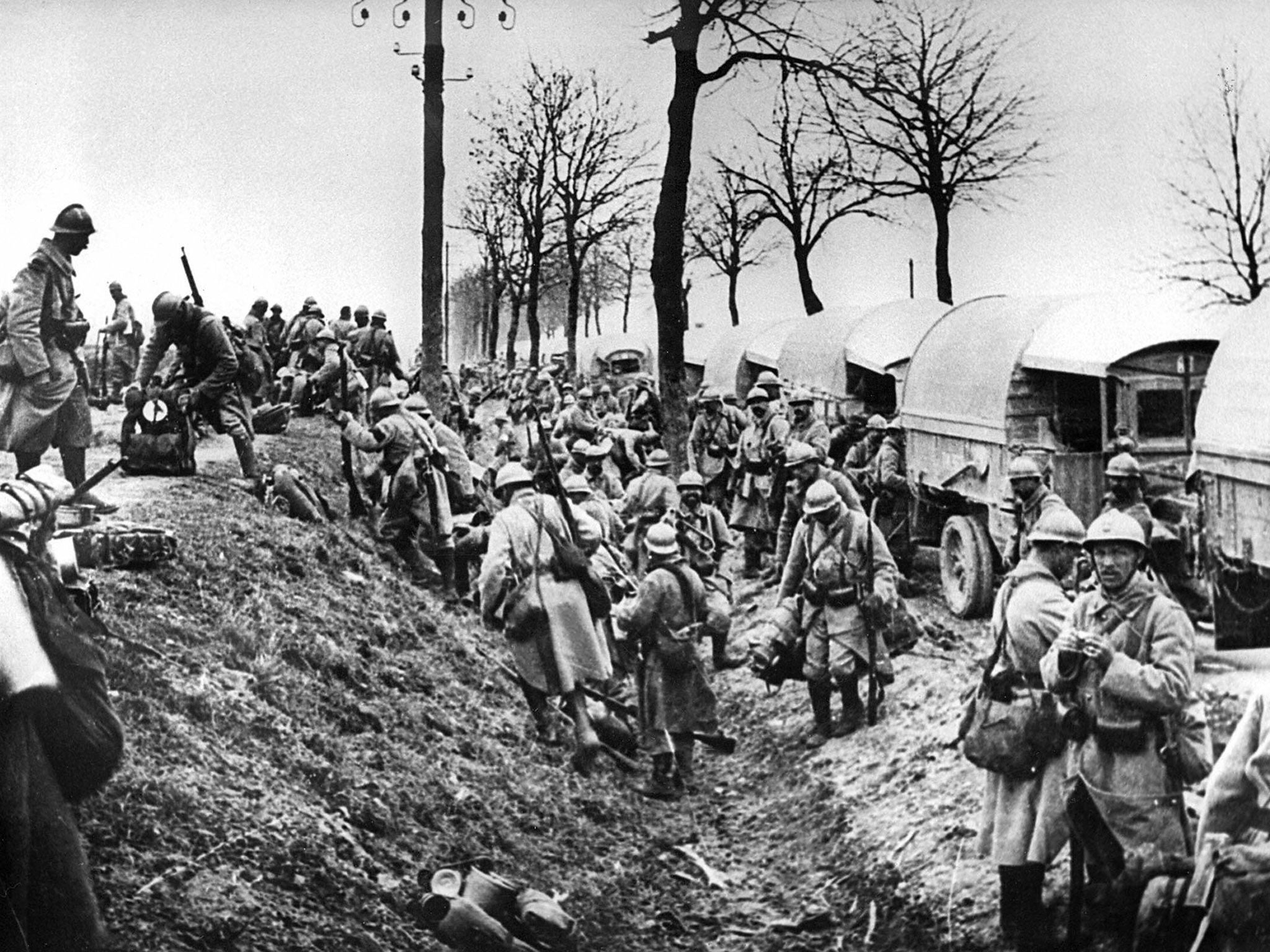The Great Swindle by Pierre Lemaitre; trans Frank Wynne, book review
A tender and ghoulish tale of First World War casualties

As recent events have shown, France is a country that knows pain. The dark side of glittering 1920s Paris was the limping army of battle-damaged mutilés glaring from the shadows. The Great War killed 1.4 million French soldiers and left millions more maimed in mind and body. Pierre Lemaitre imagines the lives of two “survivors” with insight and compassion.
Édouard Péricourt is a gueule cassée, a smashed face. Lacking a lower jaw, he smokes cigarettes through his nostrils and survives on morphine and heroin. Albert, rescued by Édouard after being buried alive with a putrefying horse, copes with flashbacks by donning a mask of the horse. Édouard, creator of the therapeutic horse's head, also designs masks for his own mutilated face. The purpose is not to hide his gaping wound, but to express an idealised self: “a pretty pink mouth set in a slightly condescending sneer, with two faded autumn leaves glued high up on the cheeks that looked like tears”.
This book is alternately tender and ghoulish. The exhumations militaires involved transferring hundreds of thousands of bodies from scattered battlefield graves to vast necropolises of tidy decorum – at great profit for the private contractors involved. Henri d'Aulnay Pradelle is a villain from the Grand-Guignol tradition. Pradelle trades on his heroic war record and aristocratic good looks to become a remembrance profiteer. He orders cheap undersize coffins that require corpses to be hacked and bent to fit – and his piecework-paid labourers are not encouraged to waste time matching bodies to the correct plot. When challenged, Pradelle rants: “What bloody difference does it make, for f**k's sake? When parents visit the grave, do they dig it up to check that it's their body and not someone else's?” Like the best villains, his cold logic is hard to fault
Édouard and Albert start their own commemoration racket marketing ghastly war memorials on spec. Édouard, an artiste manqué with an instinct for shocking the bourgeoisie (he was expelled from Sainte-Clotilde's at the age of 12 for sketching Sainte-Clotilde enjoying a threesome), also understands how to sell monuments to the bourgeoisie: “Not everyone is gifted enough to turn out something ugly”. Their plan is to pocket the money and scarper. Lemaitre's novel is a rare synthesis of the tragic and the comic – and the book's dénouement is a masterclass in nail-biting suspense. The author is at his best when probing the human condition. His portrait of a mind torn by the trauma of combat is uncannily accurate: “He was permanently on alert; anything and everything made him suspicious. Serenity, he knew, was gone forever.”
Frank Wynne is a superb translator who always knows when to choose interpretation over the strictly literal. Describing Pradelle as having the face of “an upper-class twat” is not word-for-word translation, but captures the rude exuberance of the original French.
Edward Wilson's latest novel is 'A Very British Ending' (Arcadia)
MacLehose, £18.99. Order at £15.99 inc. p&p from the Independent Bookshop
Join our commenting forum
Join thought-provoking conversations, follow other Independent readers and see their replies
Comments
Bookmark popover
Removed from bookmarks